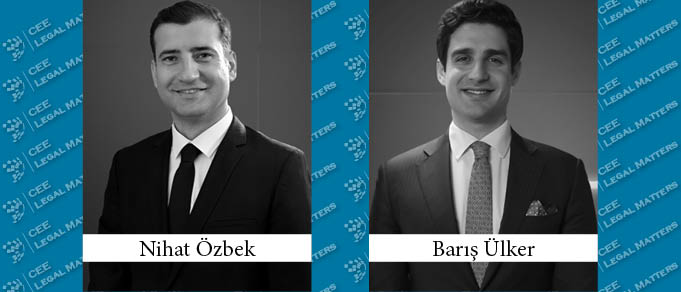Turkish Commercial Code No. 6102 [“TCC”] stipulates that the carrier shall be liable for the damages caused by the loss, damage or delay of delivery of commodity within the period from the takeover of commodity for carriage to delivery of it. The legal nature of the carrier's liability in this context is strict liability. This means that even if the carrier has no fault in incurrence of damages, they should still be liable. However, this liability is not absolute. As a matter of fact, the carrier can be released from liability on the grounds set out in the law or by proving that they have taken the greatest care.
Release from Liability in General
The general reason for the carrier to be released from liability is that loss, damage or delay is caused by the reasons of which results can't be prevented or avoided by carrier despite taking greatest care. At this point, the carrier is required to present evidence of release demonstrating that he took all necessary precautions and exercised the utmost care to prevent both the occurrence of the event that caused the damage and its consequences. As it can be understood from here, the party with the burden of proof is the carrier.
Specific Cases for Release from Liability
In some cases, the balance of interest is disrupted due to the increase in the ordinary risk undertaken by the carrier. Therefore, in order to re-establish the balance of interests in cases where such risks arise, special reasons that remove the carrier's liability for loss, damage or delay in delivery are regulated under the TCC. These cases, which are also referred to as probable causes of nonliability, are: use of an open-top vehicle or loading on deck in accordance with contract or usage, insufficient packaging or labeling of commodity made by consignor, processing, loading and unloading of commodity by consignor or consignee, nature of commodity causing it to be easily damaged, livestock carriage and provisions of the Customs Code No. 4458 and those stipulated in other laws and regulations which justify the release of carrier from liability.
Here, the carrier's burden of proof has been significantly alleviated. Except for the extraordinary loss or damage arising from the use of an open-top vehicle or loading on deck, in the cases in which it is possible to correlate between any loss and a reason provided in the law, that loss is deemed to have been caused by this reason. After the carrier presents prima facie evidence of the existence of a special ground, they are presumed to be non-liable, and it is on the consignor to prove otherwise. The consignor may rely on the exceptions set by the law, or they may demand partial compensation for the damage proving that the carrier is contributorily negligent.
The first exception that the consignor can rely on to hold the carrier liable is the breach of consignor's particular instructions during carriage by open-top vehicle or loading onto the deck. Accordingly, the consignor can prevent the carrier from release of liability by proving that the specific instructions have not been followed.
Another exception arises when the carrier has a protection obligation. If the carrier is obliged to preserve the commodity against heat, cold, temperature changes, some environmental effects such as humidity and jolting, then they may eliminate their liability only if all required measures have been taken according to the nature of commodity, suitable equipment has been used and special instructions have been complied with. Otherwise, the carrier cannot be released from liability based on the delicate nature of commodity. The Court of Cassation is of the opinion that the transport bill should include a reservation stating the delicate nature of the commodity to avoid proof issues in this regard.
In addition, nonliability based on livestock carriage is only possible if the carrier takes all required measures and acts in accordance with special instructions. In case the consignor proves otherwise, the carrier can be held liable.
Finally, it should be emphasized that the carrier cannot be released from liability if loss, damage, or delay results from an incident of vehicle or from the fault of the leaser, its representatives, or employees.
Conclusion
It is crucial to avoid placing an undue burden on the carrier and hold them liable for events that cannot be objectively prevented in carriage activities that by their very nature contain a variety of risks. In line with this, these regulations guarantee the establishment and maintenance of a balance of interests between the parties to the carriage agreement.
By Nihat Ozbek, Partner, and Baris Ulker, Senior Associate, Guleryuz & Partners

